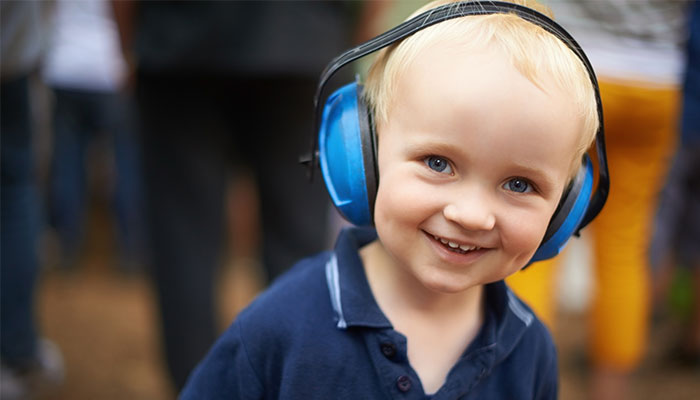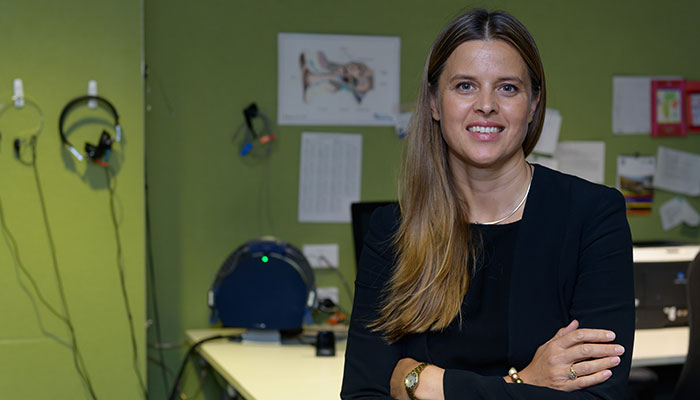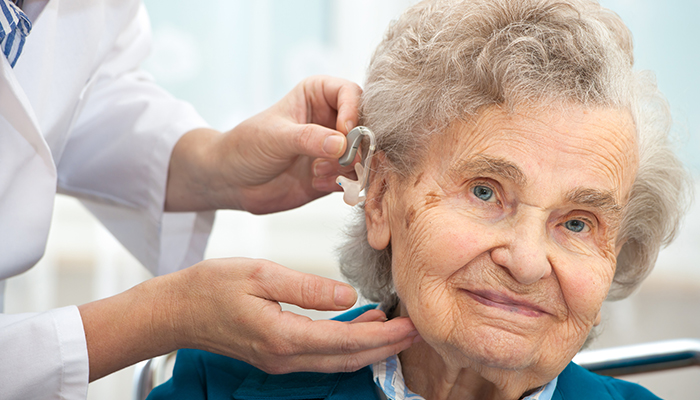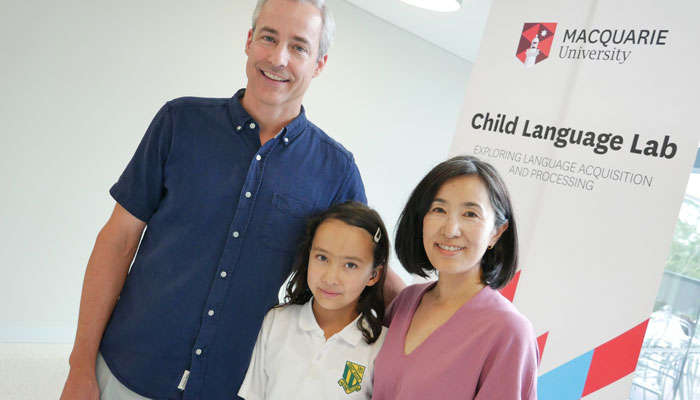Watch any live music performance on tele these days and if a baby or young child is in the audience, they are likely to be wearing headphones to protect their vulnerable hearing. But everyone else in the audience is equally at risk from the concert-level sound – and noise-induced hearing loss is irreversible.

Irreversible: hearing loss caused by loud noise can't be fixed but noise-cancelling headphones can reduce ear damage.
“We’re urging people across all ages to protect their hearing, because it’s important to preserve what you have,” says Professor Catherine McMahon, an international hearing expert who is working on the World Health Organisation’s first World Report on Hearing.
By the time we turn 65, around one-third of Australians will have measurable hearing loss. While genetic factors that contribute to hearing loss can’t be controlled, the sooner you act to reduce your noise exposure, the more likely you will have better hearing as you get older.
“Manage your exposure to harmful noise levels by knowing how long, and how loud, and how often you are exposed to loud noise – and understanding the safe levels you need to adhere to,” says McMahon.
Here are five ways to keep your hearing healthy:
1. Wear noise-cancelling headphones in noisy environments
Whether you’re on a plane or a train, or you’re on a noisy work site or even if you have construction going on next door, wearing noise-cancelling headphones will protect your hearing, especially if you are trying to listen to music or speech.
“In noisy environments, we often turn up the volume of our TV or our phone call to hear the speech over the loudness of the noise – but if you’re already in a noisy environment, that’s adding to the burden,” says McMahon.
“Noise-cancelling headphones will lower the signal to noise ratio, meaning there’s less damage to your hearing.”
2. Know your noise exposure
How much noise have you been exposed to in a day? Because hearing damage is cumulative, and your body’s hearing organ needs time to recover, it's important to understanding and control your noise exposure is important.
Experiment with adjusting not just the volume, but also the bass, treble and other sound settings on your TV, stereo and other entertainment devices.
Specialised sound meters called noise dosimeters are used to measure noise exposure over a period of time – but there are now smartphone apps (such as the US National Institute for Occupational Safety and Heath - NIOSH - Sound Level Meter App, DecibelX, SPL Meter and Too Noisy) which do the same thing.
3. Take a sound break
If you’re off to a three-day music festival, meeting friends at a nightclub, or even spending the day at a noisy convention, keep in mind that noise exposure is cumulative.
Step away from the louder parts of your environment regularly to reduce the overall time you’re exposed to noise.
4. Check your hearing
Get your hearing checked – make an appointment at a clinic, or give an online test a go. There are a number of free apps which allow you to test your hearing – examples are hearWHO (by the World Health Organisation), Mimi and Signia.
While apps aren’t 100 per cent reliable because there’s no guarantee your headphones and smartphone are calibrated correctly, they can give you a reasonable idea of your hearing levels and whether you should have a formal assessment.
5. Set up a music profile to suit your hearing
There’s a temptation to push up the volume when you’re struggling to hear the lyrics – but making sound louder doesn’t make it easier to understand.

Listen up: If you want to hear well for as many years as possible, the sooner we start protecting our ears the better, says International hearing expert Professor Catherine McMahon.
Mimi is a new audio processing technology company which helps optimise music and other sounds to suit a listener’s unique ‘hearing profile’ – keep an eye out for future integrations with audio and television companies.
- Too much technology on our car dashboards is a dangerous distraction
- How soon will Australians be driving electric cars?
Meanwhile experiment with adjusting not just the volume, but also the bass, treble and other sound settings on your TV, stereo and other entertainment devices.
Professor Cath McMahon is the Head of Audiology in the Department of Linguistics at Macquarie University


